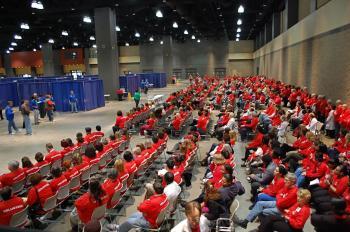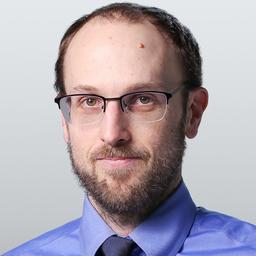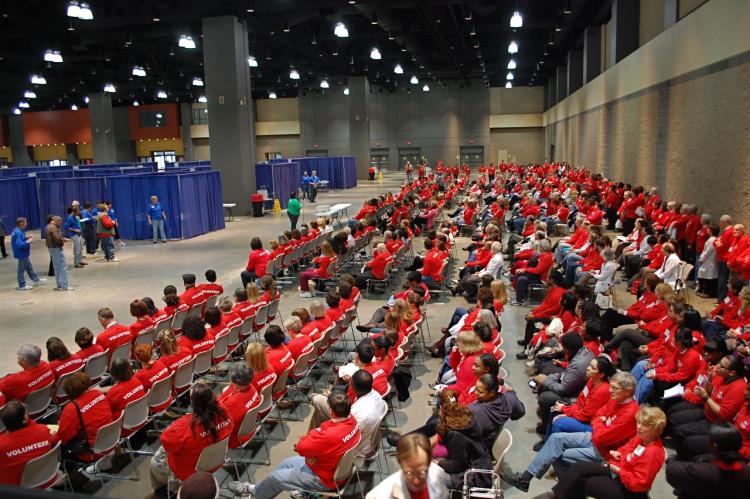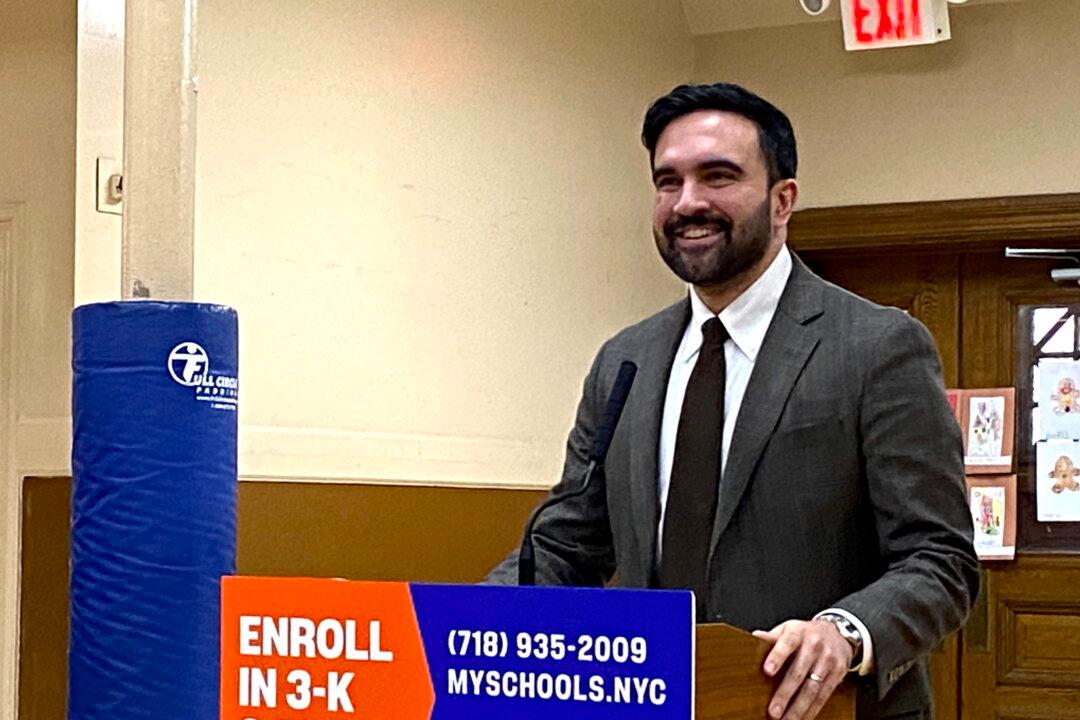Health care legislation now in Congress is expected to extend coverage to 95 percent of Americans. With fewer uninsured, the nation’s network of 1,200 free health clinics may see fewer patients. But not just yet. For the many millions of American’s who are uninsured, health care legislation will not immediately impact their lives. Subsidies for families of four making less than $88,000 and individuals making less than $44,000 to purchase a policy will not be available until 2014.
“We want the uninsured to know that there are people who want to help them right now,” said Nicole Lamoureux, executive director of the National Association of Free Clinics (NAFC), who spoke with the Epoch Times by phone. The association is a nonprofit that works on the needs and issues of the 1,200 free clinics that serve people in the United States.
Free health clinics have been around since 1960 and are funded with little to no state or federal dollars. In 2008 volunteer doctors, nurses, and staff across the country at these clinics served 4 million patients; in 2009, 8 million patients, according NAFC.
“Between now and four years those individuals who still need help can still come to the free and charitable clinics,” said Lamoureux. In order to help more of the uninsured receive care and help them connect with local free clinics, the NAFC has been hosting daylong clinics in major cities.
On Saturday, March 27, the National Association of Free Clinics and the Georgia Free Clinic Network are organizing a clinic in College Park, south of Atlanta. The clinic will be held from 9 a.m. to 5 p.m. at the Georgia International Convention Center. Organizers anticipate they will serve more than 1,000 people.
At this daylong clinic the uninsured can receive primary exams, women’s health exams, vaccinations for H1N1 and the flu; vision, hearing, and pregnancy testing; testing for HIV, diabetes, cholesterol, stress, and more. Another important goal of this clinic, said Lamoureux, is to connect the uninsured with Georgia’s network of clinics so they can “continue to get the health care that they need.”
The demands on these clinics may decrease as more Americans are required to purchase health insurance policies in the next few years, but for now “millions of Americans still need help,” said Lamoureux. She said they look forward to serving patients “in a new and different way,” as health insurance and the health care field change in coming years.
“We want the uninsured to know that there are people who want to help them right now,” said Nicole Lamoureux, executive director of the National Association of Free Clinics (NAFC), who spoke with the Epoch Times by phone. The association is a nonprofit that works on the needs and issues of the 1,200 free clinics that serve people in the United States.
Free health clinics have been around since 1960 and are funded with little to no state or federal dollars. In 2008 volunteer doctors, nurses, and staff across the country at these clinics served 4 million patients; in 2009, 8 million patients, according NAFC.
“Between now and four years those individuals who still need help can still come to the free and charitable clinics,” said Lamoureux. In order to help more of the uninsured receive care and help them connect with local free clinics, the NAFC has been hosting daylong clinics in major cities.
On Saturday, March 27, the National Association of Free Clinics and the Georgia Free Clinic Network are organizing a clinic in College Park, south of Atlanta. The clinic will be held from 9 a.m. to 5 p.m. at the Georgia International Convention Center. Organizers anticipate they will serve more than 1,000 people.
At this daylong clinic the uninsured can receive primary exams, women’s health exams, vaccinations for H1N1 and the flu; vision, hearing, and pregnancy testing; testing for HIV, diabetes, cholesterol, stress, and more. Another important goal of this clinic, said Lamoureux, is to connect the uninsured with Georgia’s network of clinics so they can “continue to get the health care that they need.”
The demands on these clinics may decrease as more Americans are required to purchase health insurance policies in the next few years, but for now “millions of Americans still need help,” said Lamoureux. She said they look forward to serving patients “in a new and different way,” as health insurance and the health care field change in coming years.






